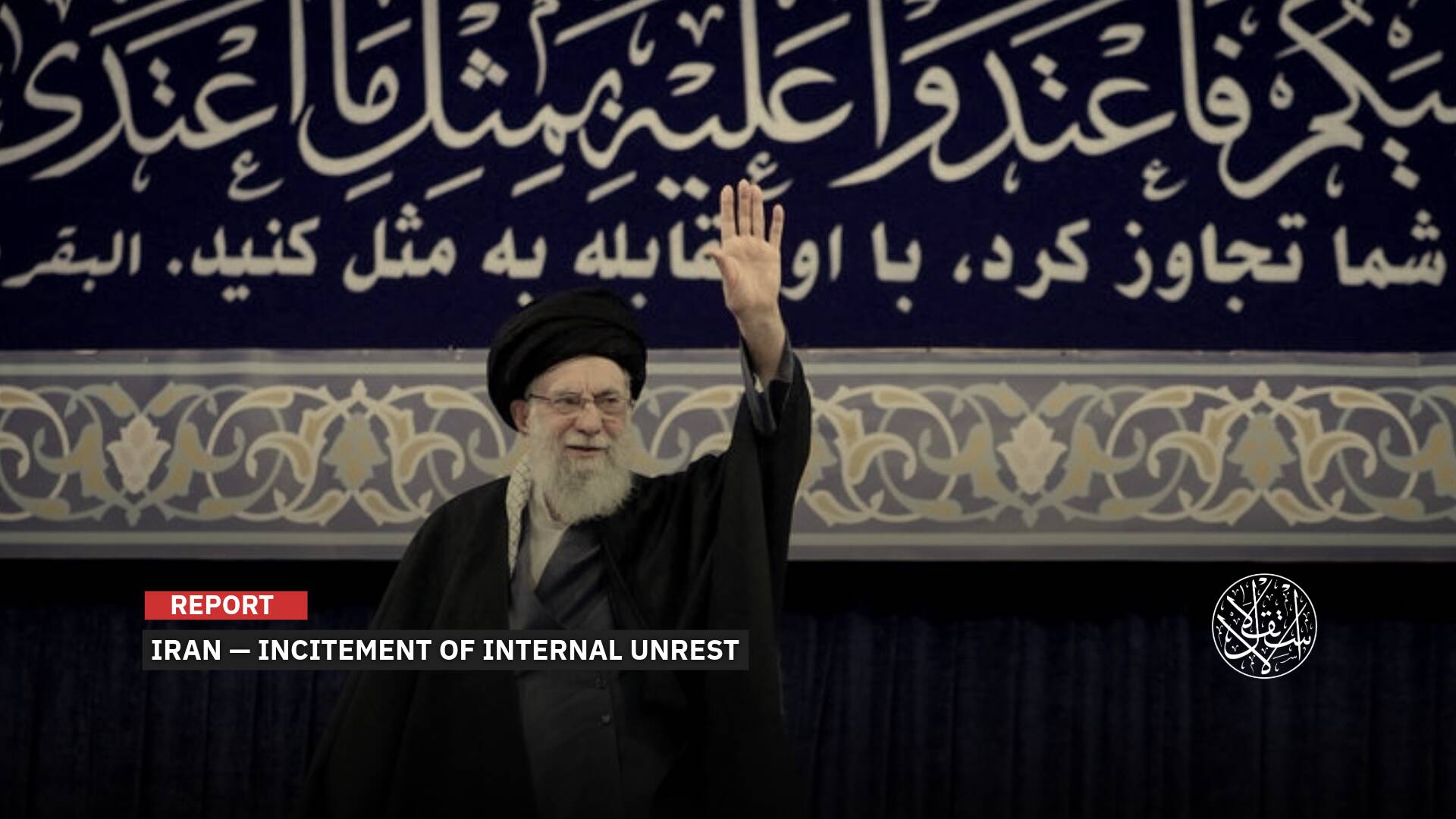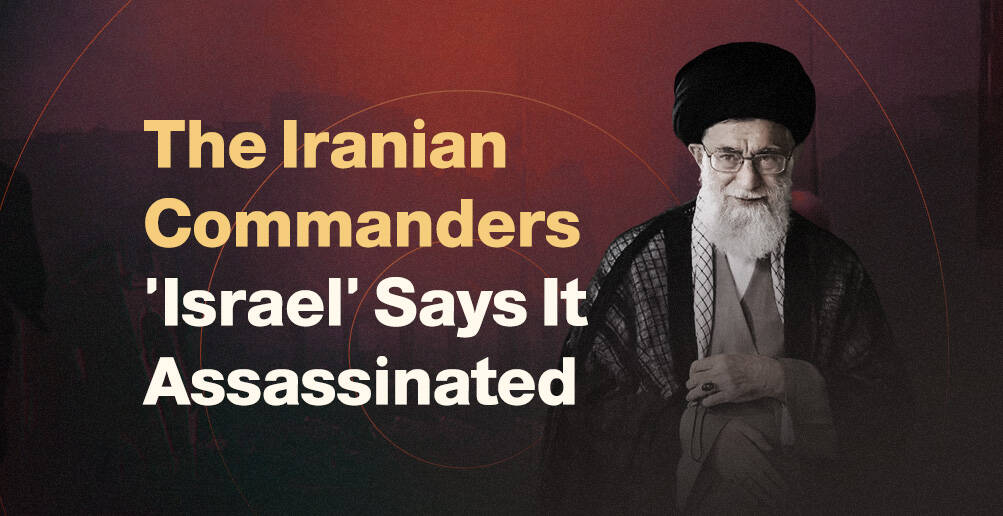This Is How Evangelical Voters Influence the GOP Primaries

One of the great contradictions of U.S. politics — Despite his accusation of attempting to buy the silence of a pornographic actress and his conviction for sexual assault, his marriage to 3 women, and his ownership of a casino, Donald Trump, the candidate for the 2024 U.S. presidential elections, is still a favorite of evangelicals in the United States, as reported by the Financial Times.
Non-Hispanic White Republicans who regularly attend church backed him by 81 percent in 2016 and 76 percent in 2020, statistics that astonish those who question the former reality TV star’s religious credentials.
About a third of Americans identify as evangelical or born-again Christians, but they wield outsized influence in the early nomination contests that will shape the race to become the Republican Party’s presidential candidate.
About two-thirds of Republican participants in the 2024 Iowa caucuses are expected to be evangelical churchgoers, who are likely to make up a similar share in the GOP primary contest in South Carolina, another early-voting state.
Although Trump has been criticized by figures in the anti-abortion movement, the former president still enjoys broad support among evangelical voters.
According to a CNN survey last month, Trump is backed by 47% of Republican voters nationwide.
Evangelical Candidate
Despite being accused of trying to buy the silence of a porn actress with whom he allegedly had an extramarital sexual relationship and his conviction in a civil court for sexual harassment, Donald Trump is still a favorite of American evangelicals, as reported by AFP on June 23, 2023.
The 45th president of the United States, aspiring for re-election in 2024, has accumulated judicial and moral scandals, including accusations of abuse of power.
However, Trump is still undisputedly the favorite figure of the Christian right, which was demonstrated by the great hospitality with which he was received at the Road to Majority conference organized by the conservative evangelical Faith and Freedom movement in Washington.
The Road to Majority conference is taking place just two months before the first scheduled Republican presidential debate on August 23 in Milwaukee, in which Trump has hinted he may not participate.
Several of Trump’s rivals have made connecting with conservative Christian voters a big part of their pitch, the Financial Times reported.
As he launched his campaign in Iowa last month, Pence repeated a line he has often used throughout his political career: “I am a Christian, a conservative, and a Republican, in that order, while Scott’s official campaign slogan was faith in America.”
But analysts are skeptical evangelical voters will be won over by the candidates’ personal faith or character traits.
Robert Jones, founder of the Public Religion Research Institute, said that after Trump’s first election, polling showed evangelicals who once identified as values voters now cared less about the candidate’s morality and personal attributes.
“There has been a real shift in a political ethic, from one of principle, which says we are going to ask candidates about their character, and we are going to judge them all by that metric to really a kind of ends justify the means political ethic,” he said.

Cult of Personality
Former Vice President Mike Pence, a conservative Christian, seemed the ideal candidate for evangelicals, according to AFP.
But he was booed during the Road to the Majority conference in 2021 because he did not refuse to certify the election of Joe Biden, as Trump asked him, and he received only tepid applause this year.
Meanwhile, former New Jersey governor Chris Christie was booed for criticizing Trump, saying he had let the country down.
The Road to Majority conference is being held on the first anniversary of the U.S. Supreme Court’s termination of Roe v. Wade, the controversial abortion issue in the country.
A key component of the Christian political right is the anti-abortion movement.
GOP presidential candidates presented their hardline positions on abortion in an effort to challenge Trump in a case he is accused of disavowing.
Conservative Mike Pence challenged his rivals on this matter, pointing out that abortion law in the United States today is more consistent with China and North Korea. While Florida Governor Ron DeSantis was hailed for signing a resolution banning most abortions after six weeks of pregnancy, far beyond the 15-week period supported by moderate Republicans.
Trump also sparked fury among some leaders on the Christian right when he blamed harsh restrictions on abortion for Republican underperformance in the 2022 midterm election, and he has refused to commit to a federal ban during the 2024 campaign, the New York Times reported.
But despite this, Trump, who was accused of moral and political corruption, was the star of the evangelical conference without any competition.
“I consider it a great badge of courage. I’m being indicted for you, and I believe that you are more than 200 million people that love our country,” Trump said.
“Together we’re warriors in a righteous crusade to stop the arsonists, the atheists, the globalists, and the Marxists. That’s what they are. And we will restore our Republic as one nation under God,” he added.

In turn, Michael Demastus, a pastor at the Fort Des Moines Church of Christ who attended the recent meeting with Trump in Iowa, described him as a force of nature who deserved credit for appointing conservative judges as well as moving the U.S. embassy in “Israel” from Tel Aviv to Jerusalem (al-Quds), another evangelical priority.
Ralph Reed, the founder and chairman of the Faith and Freedom Coalition, addressed accusations the group has become, in his words, a cult of personality around the former president, saying: “There is only one person we worship, and that is Jesus Christ.”
“Donald Trump is arguably the strongest front-runner and in the strongest position overall of anyone in my career,” he added.
Many of the officials present at the conference spoke of their approval of Trump’s record instead of commenting on his personality, and saw that he fights for his supporters in an exceptional way that no other politician has done.
However, anti-abortion activists blame Trump for his refusal to support the ban publicly, even if they credit him for the court’s decision in favor of overturning Roe v. Wade.
Suzzanne Monk, a 50-year-old conservative political activist, pointed to Trump being the first sitting president to attend the annual anti-abortion March for Life rally in Washington in 2020.

Special Religious Beliefs
Trump’s victory over the votes of evangelicals during the past years came in accordance with a common political pattern in the United States based on the fact that since the presidential elections in 2004, White Christians, born again and evangelicals in general, vote for the Republican candidate.
But evangelicals’ support for Trump cannot be explained solely in terms of partisan affiliation but rather causes far-right rhetoric that is anti-immigrant, anti-Arab, anti-Muslim, and pro-”Israel.”
For decades, questions have been raised about the sect known for religious intolerance and its influence in the corridors of government.
However, it became more urgent after Trump’s decision to consider Jerusalem as the capital of “Israel” at the end of 2017 and his adventure to sever U.S.–Turkish relations due to Ankara’s trial of the evangelical pastor Brunson, who is accused of espionage and terrorism cases.
The Evangelical Movement is a Christian religious sect with special religious beliefs and interpretations adopted by conservative Protestant groups in the United States.
The sect emerged during the eighteenth century, after the adoption of this name by some churches and Protestant movements, to distinguish it from religious extremism from others.
Today, these churches enjoy a wide spread in the United States, as they belong to about a quarter of Americans (approximately 80 million people).
The evangelicals also became known as Christian Zionists for their support of the Zionist project and the presence of many intersections between the endeavors of the two sides, albeit from different ideological standpoints.
For decades, evangelicals have generally supported Republican candidates, as they are believed to be more religiously observant.
This was evident in the great support that Trump enjoyed in the 2016 elections that brought him to the White House.
While George Bush Jr. won 78% of the evangelical votes in the 2004 elections, John McCain 74% in the 2008 elections, and Mitt Romney 78% in 2012, Trump won 81%, according to press reports.

It is noteworthy that evangelicals do not believe in secularism or the principle of separating religion from politics. Throughout history, American presidents have always used religious discourse and mobilization in search of popular support and more votes. Speakers do not necessarily believe in what the speech says, and this is almost the case with Trump.
In turn, Washington-based activist Omar Taha said in a statement to Al-Estiklal that “there is an inconsistency between Trump, a figure who has moral and political scandals, and the conservative American evangelical movement.”
He also noted, “The relationship between Trump and evangelicals is a marriage of convenience; Trump gets the support he needs, and evangelicals get a champion for their causes, even if that champion isn’t very Christian.”
Mr. Taha explained, “What is controversial in this regard is that Trump did not attend any church regularly in his life, and the archdiocese, which Trump named his native church during his 2016 campaign, said he was not an active member; He has rarely attended services, other than Christmas and Easter, since he became president.
Sources
- Trump is still king of the evangelical cattle call
- Trump’s rivals vie for piece of evangelical ‘love fest’
- CNN Poll: Trump’s GOP support appears to soften post-indictment, but he holds lead in primary field
- Can Trump Count on Evangelicals in 2024? Some Leaders Are Wavering.
- The recent history of the evangelical movement and the troubles [Thesis]











